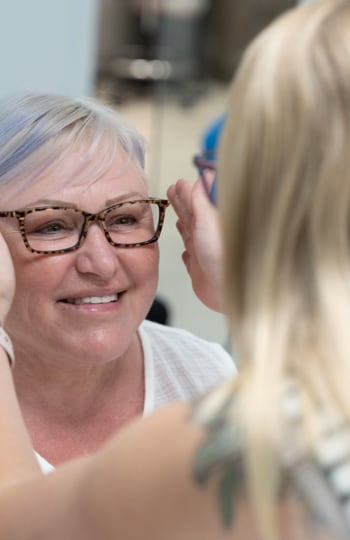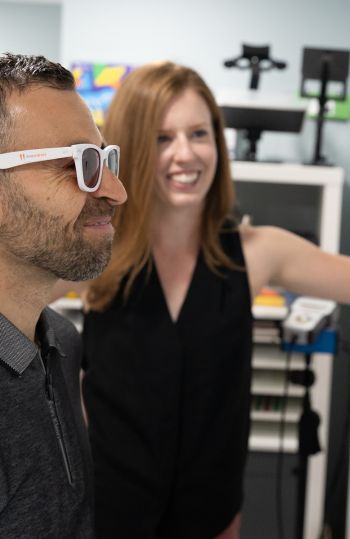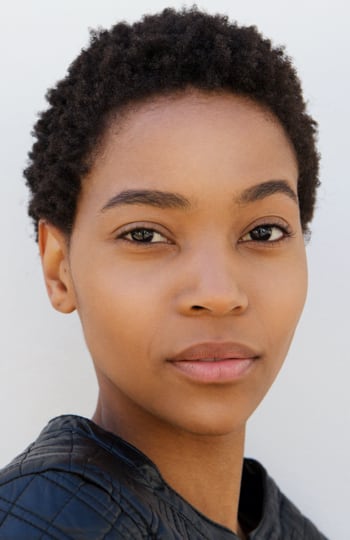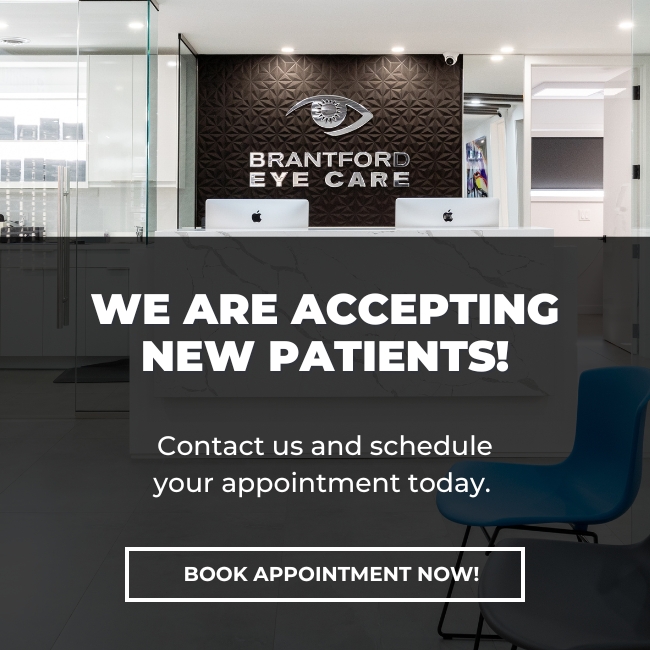Vision Therapy Can Help You
Vision therapy can help children and adults alike. It’s never too early—or too late—to improve your visual abilities.
People rarely grow out of vision conditions, so ignoring any issues will only prolong your inability to perform at your best. Book an appointment with our dedicated vision therapy team today.
Who Gets Vision Therapy?
There is no one type of patient who can benefit from vision therapy. Our personalized and specially tailored programs can assist patients with a variety of vision conditions.
Here are the most frequent types of patients who seek vision therapy:
Children with Learning-Related Vision Problems
If your child is struggling in school or is not meeting their potential, they may benefit from a functional vision assessment. There are numerous visual deficiencies that can impact school performance including:
Poor eye movement skills: children who struggle to control their eye movements are often slow and inefficient readers. They may frequently skip words or lines, and sometimes prefer to use their finger to help keep their place. They may dislike reading, or have better comprehension for material presented orally than material that is read.
Poor eye teaming skills: efficient visual processing requires that both eyes work together as a team, aiming to the same point in space. When eye teaming skills are lacking visual confusion can occur, resulting in blur, headaches, doubling of words and slow/inefficient reading.
Poor eye focusing skills: our eyes work very much like a camera, allowing us to shift focus from near to far and vice versa. Children who struggle with eye focusing often have poor stamina in the classroom or with near tasks; they may complain of headaches and blurred vision.
Poor visual processing skills: The lack of ability to discriminate visual likenesses or differences can result in issues with learning to read and write; children who struggle with visual processing may frequently reverse letters or words, have poor memory for what is read or struggle to discriminate similar words.
Patients with Amblyopia or Strabismus
Amblyopia (reduced vision) and strabismus (turned eye) can occur as a coping mechanism to visual confusion that occurs when eye teaming skills are lacking in early childhood. Patients with amblyopia and strabismus can struggle with poor depth perception, poor spatial awareness, slow/inefficient reading, poor reaction time and timing, poor attention and limited academic endurance. Vision therapy works to address these symptoms by breaking down the suppression of the more poorly seeing eye, and then trains the brain to utilize the eyes as a functional team.
Patients with an Acquired Brain Injury or Concussion
Patients who have suffered from a brain injury can experience a number of visual symptoms, often grouped together and referred to as “post-trauma vision syndrome.” These patients often complain of light sensitivity, motion sickness, slow and inefficient reading, blurred or double vision and poor balance/dizziness. Vision therapy, in combination with other allied health professions, works to address these symptoms. Vision therapy for patients with acquired brain injury/concussion works to realign the patient’s sense of spatial awareness and to regain coordination between the visual, vestibular, and proprioceptive systems.
Does My Child Need Vision Therapy?
If you notice any of the following issues in your child, please book an appointment with our vision therapist:
- Poor reading comprehension
- Headaches during close-up tasks
- Words running together when reading
- Forgetfulness
- Short attention span
- Writing that slopes up or downhill
- Holding objects close to the face
- Omitting small words while reading
- Clumsiness

Our Locations
Brantford
- 268 Brant Ave.
- Brantford, ON N3T 3J7
*We’re closed on Saturdays during long weekends, as well as every Saturday in July & August.
Hours Of Operation
- Monday: 9:00 AM – 8:00 PM
- Tuesday: 9:00 AM – 8:00 PM
- Wednesday: 9:00 AM – 5:00 PM
- Thursday: 10:00 AM – 8:00 PM
- Friday: 9:00 AM – 5:00 PM
- Saturday: 9:00 AM – 4:00 PM*
- Sunday: Closed
Ohsweken
- 1721 Chiefswood Rd, Unit 13
- Ohsweken, ON N0A 1M0
Call us Mondays and Wednesdays between 9:00 am-4:00 pm (We are closed 1:00 pm – 1:30 pm). Please call the Brantford location on other days of the week.
Hours Of Operation
- Monday: 9:30 AM – 4:15 PM
- Wednesday: 9:30 AM – 4:15 PM

Our Blog
Can Vision Therapy Cure Strabismus?
Vision therapyHaving 2 eyes gives us a full, comprehensive view of our surroundings. When one eye doesn’t work as well as it could, it forces the other eye to work twice as hard, leading to gaps in the overall picture. Strabismus, also known as “a lazy eye”, occurs when the eyes are misaligned and have difficulty […]
Do Contact Lenses Go Bad?
Contact LensesContact lenses are an amazing alternative to traditional glasses. They bring comfort, convenience, and clarity to your everyday life. Whether you’re dealing with myopia, astigmatism, or even dry eyes, contact lenses can be a great choice. However, contact lenses can go bad, especially without proper maintenance. Expired or damaged lenses can affect your vision and […]
Choosing Glasses For Kids: A Guide
GlassesWhen it comes to kids and eyewear, selecting the right glasses is not just about fashion—it’s about comfort, durability, and vision correction. At Brantford Eye Care in Brantford, Ontario, we understand how important it is for your little one to have glasses that fit their lifestyle. Whether they’re learning, playing sports, or reading, the right […]
Can Vision Therapy Cure Strabismus?
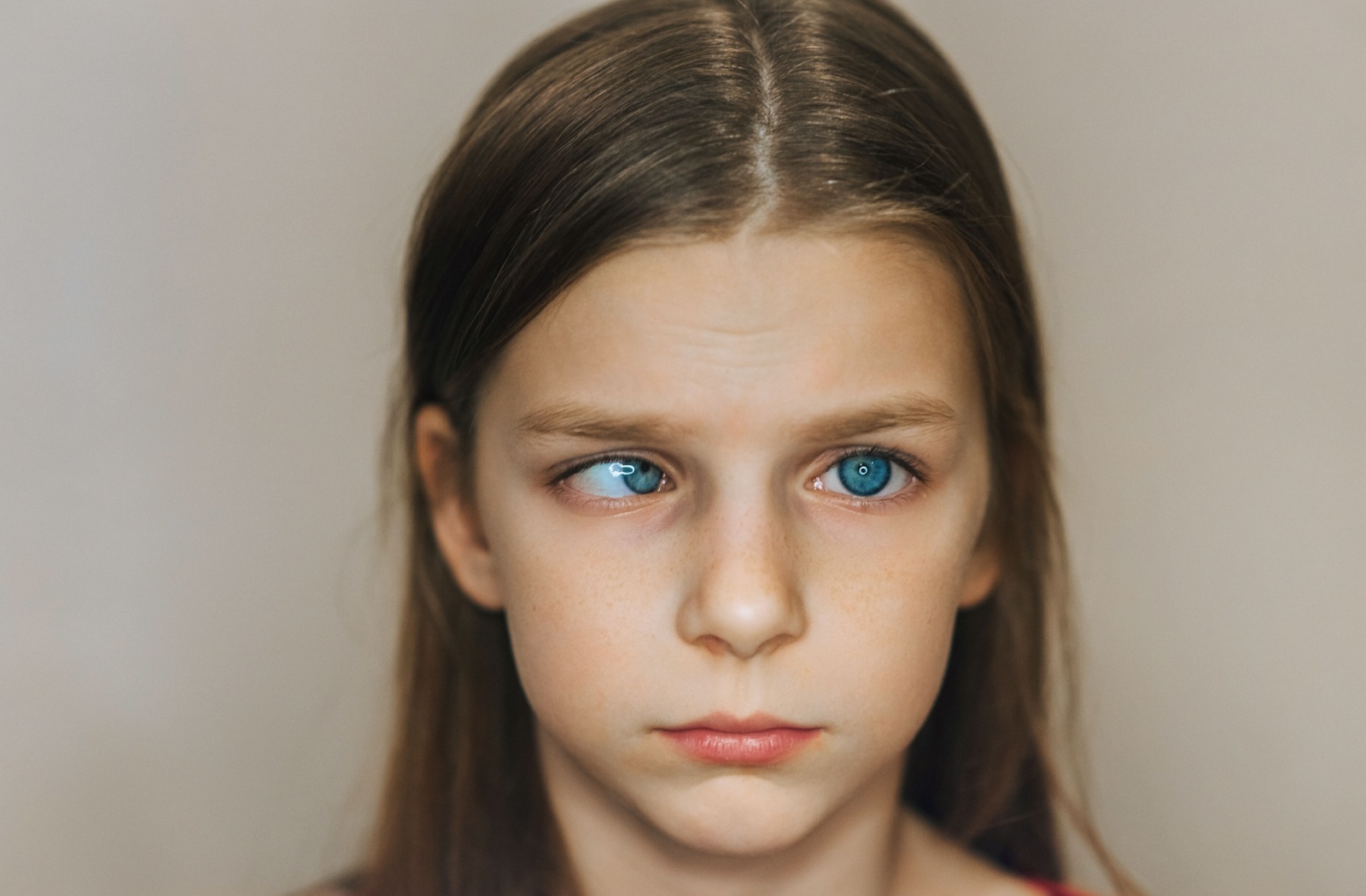
Having 2 eyes gives us a full, comprehensive view of our surroundings. When one eye doesn’t work as well as it could, it forces the other eye to work twice as hard, leading to gaps in the overall picture. Strabismus, also known as “a lazy eye”, occurs when the eyes are misaligned and have difficulty […]
Do Contact Lenses Go Bad?

Contact lenses are an amazing alternative to traditional glasses. They bring comfort, convenience, and clarity to your everyday life. Whether you’re dealing with myopia, astigmatism, or even dry eyes, contact lenses can be a great choice. However, contact lenses can go bad, especially without proper maintenance. Expired or damaged lenses can affect your vision and […]
Choosing Glasses For Kids: A Guide

When it comes to kids and eyewear, selecting the right glasses is not just about fashion—it’s about comfort, durability, and vision correction. At Brantford Eye Care in Brantford, Ontario, we understand how important it is for your little one to have glasses that fit their lifestyle. Whether they’re learning, playing sports, or reading, the right […]

Our Brands




Check Us Out On Instagram

See Our Google Reviews




